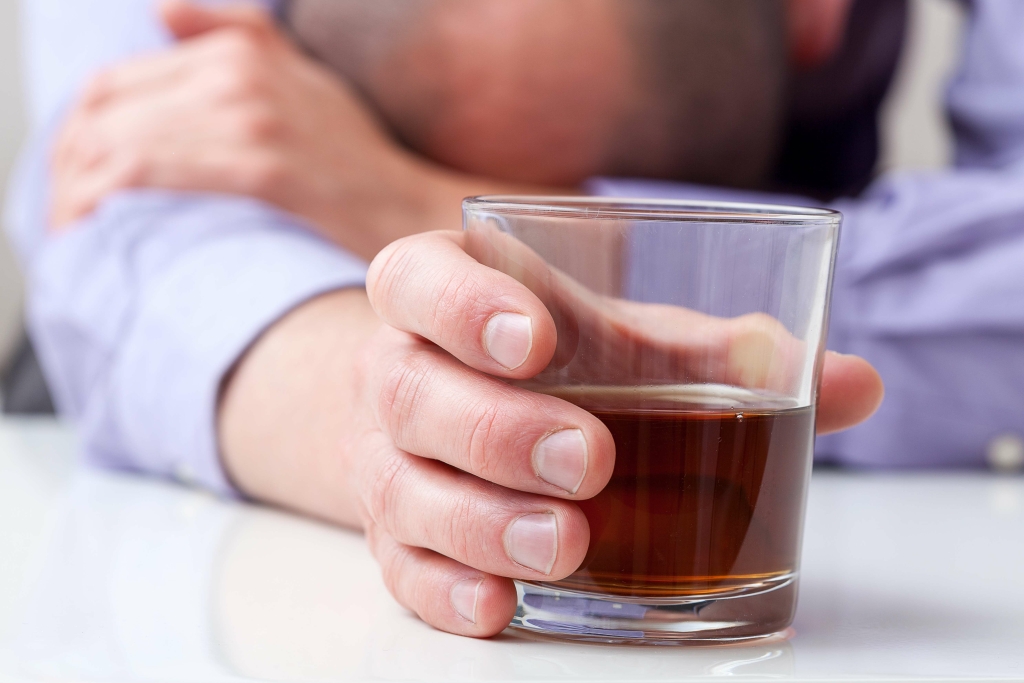Alcohol, Substance Abuse and Dependence
New Dawn’s addiction recovery programs have helped thousands of individuals recover from substance abuse for nearly 30 years. After years of research, it’s clear that alcohol has significant negative effects on society. You may observe an increase in incidents of domestic violence, traffic accidents, and workplace absenteeism correlated with heavy drinking. These issues not only impact the individuals involved but also ripple through families and communities, costing you in social cohesion and economic stability. One can classify drugs as any chemical substance that alters physiological or psychological functioning in the body.

Personal Stories or Case Studies
Are you interested in learning about the DOT requirements for drug and alcohol testing? If you or a loved one is struggling with substance abuse, WebMD Connect to Care Advisors are standing by to help. But tobacco has a chemical called nicotine that gives you a little rush of pleasure and energy. You can abuse and get addicted to the nicotine in cigarettes, just like other drugs. Substance use may be part of your story, but it doesn’t have to be the rest of it.
Addiction treatment and recovery
It can lead to severe consequences such as miscarriage, stillbirth, or premature delivery for the baby. Additionally, children exposed to alcohol in the womb may face complications known as fetal alcohol spectrum how do drugs compare with alcohol? disorders (FASDs) after birth 2. FASDs can result in a range of lifelong physical, behavioral, and learning difficulties.
What are the relapse prevention strategies for each program?
They may mistakenly think that those who https://ecosoberhouse.com/ use drugs lack moral principles or willpower and that they could stop their drug use simply by choosing to. In reality, drug addiction is a complex disease, and quitting usually takes more than good intentions or a strong will. Drugs change the brain in ways that make quitting hard, even for those who want to. Fortunately, researchers know more than ever about how drugs affect the brain and have found treatments that can help people recover from drug addiction and lead productive lives. Although alcoholism is more dangerous, drugs are very dangerous as well.
- Medications can facilitate healthy brain changes to help individuals reduce or quit drinking.
- Yet, few people would describe a prescription medication as a hard drug.
- But if you drink too much and too often, your chance of an injury or accident goes up.
- Peer pressure, social class, and abuse can all play a part in the development of alcohol addiction.
- There is a lot less exposure around this type of addiction and many people are unaware of the risks simply because it is prescribed by a trusted doctor.
- Individuals with a parent or sibling suffering from alcohol use disorder are three to four times more likely to develop the disorder themselves.
Understanding the potential positive and negative impacts of various drugs is crucial for evaluating their use in your life. Alcohol and drug addiction are both forms of substance abuse, but they differ in several ways. One of the primary differences is the impact that these substances have on the body and brain. Alcohol is a central nervous system depressant, meaning that it slows down brain activity and impairs cognitive and physical functioning.
Alcoholics Anonymous (AA) and Narcotics Anonymous (NA) are two of the most well-known support groups for individuals in recovery. These groups provide individuals with the opportunity to connect with others in recovery, share experiences and provide support. Drugs, on the other hand, can be stimulants, depressants, or hallucinogens, and they can have varying effects on the brain and body. Alcohol is legal and widely available, and it is socially acceptable to drink in many cultures. However, drugs can be highly addictive, and some individuals may become addicted after just one use.
Cocaine
- In this blog, we will delve deeper into the differences between alcohol and drug rehab and explore the unique challenges that individuals face when seeking recovery from these two types of addiction.
- Chronic heavy drinking can result in permanent brain damage, leading to conditions like Wernicke-Korsakoff syndrome, known for its effects on memory.
- On the other hand, drugs can have a wide range of physical effects depending on the type of drug used.
- In addition, alcohol tests can be unreliable if the person has consumed other substances, such as marijuana or cocaine.
- This article will explore the different types of tests available for alcohol and drug testing, as well as their accuracy and effectiveness.
Medical intervention is another critical difference between alcohol and drug rehab programs. Some drugs, such as opioids, can have severe withdrawal symptoms that require medical intervention to manage. Medication-assisted treatment (MAT) is an approach that uses medication, in conjunction with counseling and support, to manage withdrawal symptoms and reduce the risk of relapse. MAT is often used for opioid addiction but can also be used for alcohol addiction.
What is the Difference Between Drugs and Alcohol?
People often ask, “are you asking is alcohol a drug?” This question reflects the ongoing debate regarding the classification of alcohol and its potential for addiction. Heavy drinking reduces the body’s natural immune system function. This impairment makes it harder to protect against germs and viruses. Studies have shown that individuals who consume large quantities of alcohol over time are more likely to develop pneumonia or tuberculosis.
- However, the Alcoholics Anonymous 12-step program has has been adapted throughout the years to meet the needs of patients struggling with all of the different types of drugs and co-occurring disorders.
- Blood tests can detect alcohol for up to 72 hours after consumption.
- Breathalyzer tests measure the amount of alcohol in a person’s breath and are commonly used to detect recent alcohol consumption.
- She typically works with people interested in taking a holistic approach to treating their addictions.
Substances can include alcohol, prescription and over-the-counter drugs, illegal drugs, inhalants and solvents, nicotine, and even coffee. Treatment plans are not always necessary for physical dependence. For heroin addiction example, a person with a caffeine dependence who stops drinking coffee may have withdrawal symptoms for a few days but then feel better.

If you are caught driving impaired, you will be charged with DUI. An Alcohol drug test is a type of drug test that is used to detect the presence of alcohol in a person’s system. It may be used to detect recent alcohol consumption or to determine if a person has a long-term alcohol abuse problem. The test measures the amount of alcohol metabolites in a person’s urine, breath, or blood.

